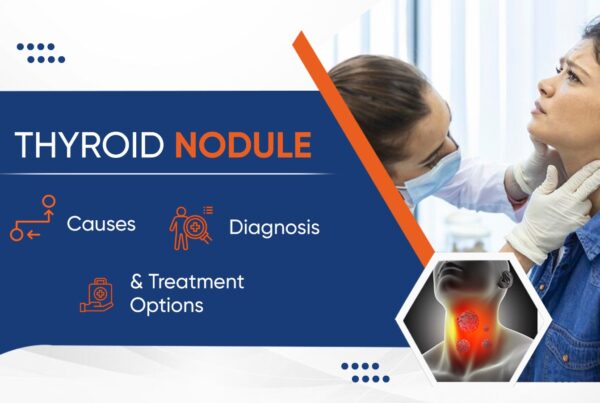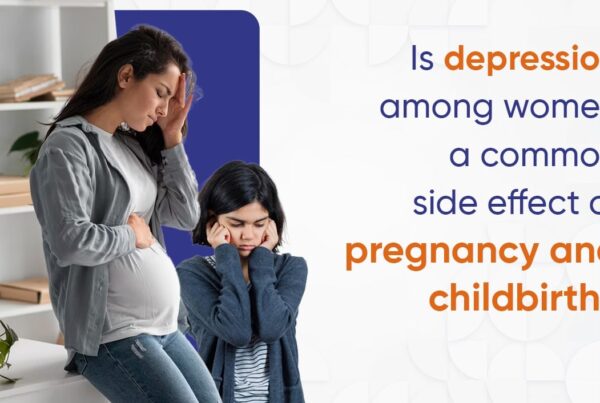MALE INFERTILITY AND FEMALE INFERTILITY
 In general, infertility is defined as not being able to get pregnant (conceive) after one year (or longer) of unprotected sex. Because fertility in women is known to decline steadily with age, some providers evaluate and treat women aged 35 years or older after 6 months of unprotected sex.
In general, infertility is defined as not being able to get pregnant (conceive) after one year (or longer) of unprotected sex. Because fertility in women is known to decline steadily with age, some providers evaluate and treat women aged 35 years or older after 6 months of unprotected sex.
Infertility is a disease of the reproductive system defined by the failure to achieve a clinical pregnancy after 12 months or more of regular unprotected sexual intercourse. The inability of a sexually active, non-contraception couple to achieve pregnancy in one year.
- Male infertility is when a man has a poor chance of making his female partner pregnant. It usually depends on the quality of his sperm cells.
- Female Infertility means not being able to get pregnant after at least one year of trying (or 6 months if the woman is over age 35). If a woman keeps having miscarriages, it is also called infertility. Female infertility can result from age, physical problems, hormone problems, and lifestyle or environmental factors.
Table of Contents
Causes of male infertility
Men can also contribute to infertility in a couple. Facts say that men are found to be the only cause or a contributing cause of infertility problems in couples in about 40% of cases. To conceive a child, a male’s sperm must combine with a female’s egg. The testicles make and store sperm, which are ejaculated by the penis to deliver sperm to the female reproductive tract during sexual intercourse.
A complete lack of sperm is the cause of infertility in about 15% of men who are infertile. When a man does not produce sperm, it is called azoospermia – A hormone imbalance or a blockage of sperm movement
Infertility causes can affect one or both partners. In general:
- In about one-third of cases, there is an issue with the man
- In about one-third of cases, there is an issue with the woman
- In the remaining cases, there are issues with both the man and the woman, or no cause can be found
Other causes –
There are 8 major reasons for male infertility, although they typically do not manifest visible symptoms. Often, male infertility is only identified after a couple’s persistent, unsuccessful attempts at conception.
- Obesity
- Smoking and addictive substances
- Radiation
- Nutrition
- Supplements and steroids
- Infections
- Genital injuries
- Age
Causes of female infertility
- Ovulation disorders – This affects the release of eggs from the ovaries. These include hormonal disorders such as polycystic ovary syndrome. Hyperprolactinemia a condition in which you have too much protactinium — the hormone that stimulates breast milk production — also may interfere with ovulation. Either too much thyroid hormone or too little (hypothyroidism) can affect the menstrual cycle or cause infertility. Other underlying causes may include too much exercise, eating disorders or tumors.
- Fallopian tube damage or blockage, often caused by inflammation of the fallopian tube (salpingitis). This can result from pelvic inflammatory disease, which is usually caused by a sexually transmitted infection, endometriosis, or adhesions.
- Endometriosis, which occurs when endometrial tissue grows outside of the uterus, may affect the function of the ovaries, uterus, and fallopian tubes.
- Cancer and its treatment. Certain cancers — particularly reproductive cancers — often impair female fertility. Both radiation and chemotherapy may affect fertility.
Risk factors
Many of the risk factors for both male and female infertility are the same. They include:
- Age. Women’s fertility gradually declines with age, especially in the mid-30s, and it drops rapidly after age 37. Infertility in older women is likely due to the lower number and quality of eggs, and can also be due to health problems that affect fertility. Men over age 40 may be less fertile than younger men.
- Tobacco use. Smoking tobacco or marijuana by either partner may reduce the likelihood of pregnancy. Smoking also reduces the possible effectiveness of fertility treatment. Miscarriages are more frequent in women who smoke. Smoking can increase the risk of erectile dysfunction and a low sperm count in men.
- Alcohol use. For women, there’s no safe level of alcohol use during conception or pregnancy. Alcohol use may contribute to infertility. For men, heavy alcohol use can decrease sperm count and motility.
- Being overweight. An inactive lifestyle and being overweight may increase the risk of infertility. For men, sperm count may be affected by being overweight.
- Being underweight. Women at risk of fertility problems include those with eating disorders and those who follow a very low-calorie or restrictive diet.
- Exercise issues. A lack of exercise contributes to obesity, which increases the risk of infertility. Less often, ovulation problems may be associated with frequent strenuous, intense exercise in women who are not overweight.
Symptoms
The main symptom of infertility is not getting pregnant. There may be no other obvious symptoms. Sometimes, a woman with infertility may have irregular or absent menstrual periods. In some cases, a man with infertility may have some signs of hormonal problems, such as changes in hair growth or sexual function.
Most couples will eventually conceive, with or without treatment.










